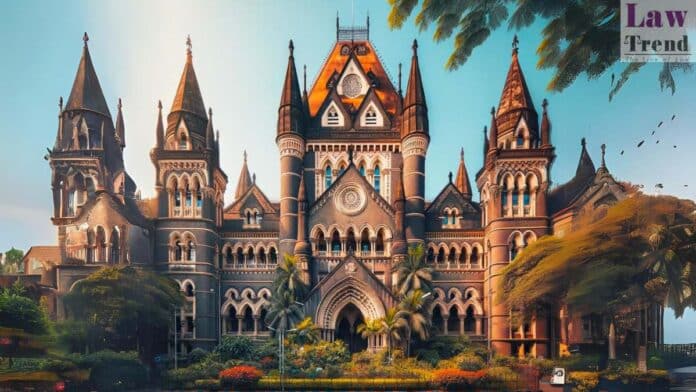The Nagpur Bench of the Bombay High Court has delivered a significant judgment in Vaibhav s/o Premanand Mawale v. State of Maharashtra (Criminal Revision Application No. 174 of 2024), discharging a young man accused of abetment of suicide under Section 306 of the Indian Penal Code (IPC). Justice Urmila Joshi-Phalke, while setting aside the lower
To Read More Please Subscribe to VIP Membership for Unlimited Access to All the Articles, Download Available Copies of Judgments/Order, Acess to Central/State Bare Acts, Advertisement Free Content, Access to More than 4000 Legal Drafts( Readymade Editable Formats of Suits, Petitions, Writs, Legal Notices, Divorce Petitions, 138 Notices, Bail Applications etc.) in Hindi and English.




